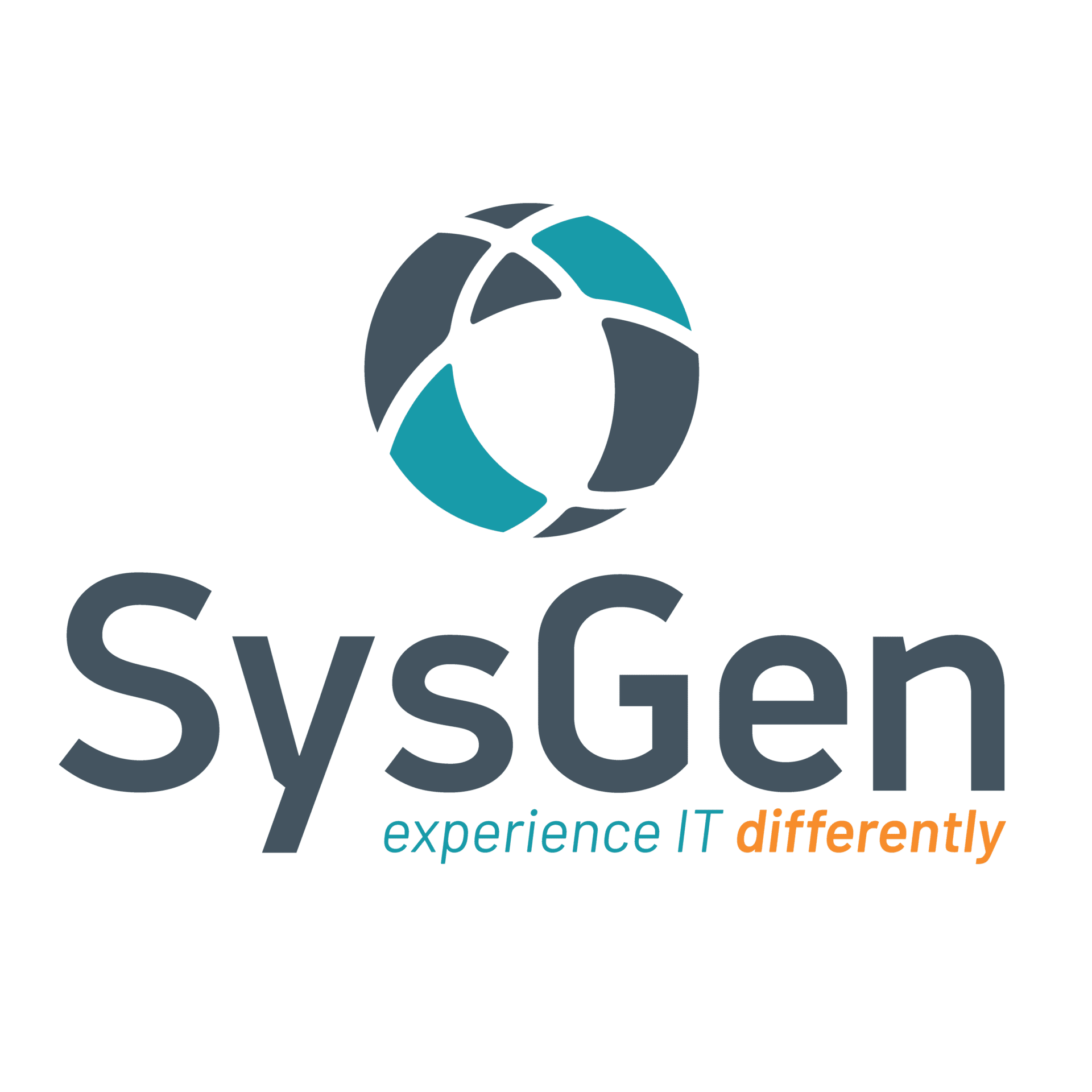In recent years, the use of cloud computing services in businesses has increased significantly. Organizations have experienced the benefits of cloud storage, databases, networking, and software. However, many still do not fully understand the types of cloud computing available and their functions, which brings hesitancy among businesses to use it.
In a nutshell, cloud, also known as cloud computing, is the delivery of computing services – this includes servers, storage, databases, networking, software, analytics, and intelligence – over the Internet (also referred to as “the cloud”). These components offer faster innovation, flexible resources, and economies of scale.
There are three deployment models of cloud computing: private, public, and hybrid. How the cloud can be leveraged by businesses is done through three avenues: Infrastructure-as-a-Service (Iaas), Platform-as-a-Service (PaaS), and Software-as-a-Service (SaaS). Choosing a type of cloud and a service delivery model will depend on your business’s needs and how it leverages data.
Businesses can choose which type of cloud works best for them depending on their needs.
So what are the 3 categories of cloud computing services?
Table of Contents
Public Cloud
The public cloud is defined as computing services offered by third-party providers over the public Internet. A public cloud is available to anyone who wants to use or purchase it. It is often offered free of charge or sold on demand, allowing customers to only pay per usage for the CPU cycles, storage, or bandwidth they consume.
Pros of Public Cloud
- deployed faster and is infinitely scalable
- has lower costs
- no maintenance
- has high reliability, making it a solid solution for data storage for individuals.
Cons of Public Cloud
- Security is a central concern with public clouds. But, when set up properly, it can be as safe as the private cloud. Examples of public clouds include Google Drive and Dropbox.
Private Cloud
A private cloud differs in that it uses dedicated and private hardware. This means the cloud infrastructure is solely used by one organization. Cloud infrastructure encompasses the components for cloud computing, including the storage, operating system, network resources and hardware.
Pros of Private Cloud
- highly flexible
- scalable to the needs of a business, ensuring efficiency and optimization in data storage.
- offer the highest level of security and control, like SysGen’s Atmosphere Private
Cons of Public Cloud
- they require IT expertise to manage. This is a caveat of having higher levels of security and service delivery.
Hybrid Cloud
Hybrid cloud, as the name suggests, uses both private and public clouds. With a hybrid cloud, the organization reaps the benefits of both previously mentioned cloud environments. An example of who would use this cloud option would be a company that uses Gmail for their email operating system but makes use of a private cloud to keep corporate data safe in storage.
Pros of Hybrid Cloud
- control sensitive assets as required
- flexibility of additional resources in the public cloud as needed cost-effectiveness for the ability to scale in the public cloud
- the ease of transitioning between the two clouds as needed.
Cons of Hybrid Cloud
- As a hybrid cloud operates both publicly and privately, there is always the potential for conflicting communication on a network level.
What are the Types of Cloud Services?
Now that we have reviewed the categories of cloud computing available, the next fundamental understanding of the cloud is in its delivery. The most common cloud services are infrastructure, platform, software, or storage.
Infrastructure as a Service (IaaS)
Cloud services can be offered as infrastructure, such as virtual servers and data storage disks. This is known as infrastructure-as-a-service (IaaS). IaaS is cloud computing at its most fundamental level and has a client-managed operating system included.
It is highly customizable based on the client. IaaS typically delivers cloud storage on a pay-as-you-go basis, enabling end users to scale as needed, and preventing high initial capital costs. As a result of this model, IaaS provides the lowest level of control in cloud resources, but can be an effective solution, nonetheless.
Examples of IaaS include Amazon, Flexiscale, and Rackspace.
Platform as a Service (PaaS)
Platform-as-a-service (PaaS) is a form of cloud computing that offers development platforms for a more formulated experience. This includes databases, web servers, and other platforms so that the cloud environment does not need to be built from scratch.
Examples of PaaS include Microsoft Azure, Salesforce, and Google App Engine.
Software as a Service (SaaS)
Software-as-a-service (SaaS) means that users can access various cloud software applications on a pay-per-use basis. While SaaS does not provide much customization, it makes it easy for the client to immediately use without development costs and time.
SaaS eliminates the hassle of installing applications on individual users’ computers or devices, creating more efficiency and accessibility to the cloud. Additionally, SaaS is managed by cloud providers, and they are responsible for updates and bug fixes to ensure continuity and access.
Examples of SaaS include Microsoft Word and Microsoft Teams.
Which cloud computing should I use?
With different delivery and deployment models, making the choice of which type of cloud to pursue can seem daunting. Ultimately, the choice depends on how your business leverages data and how highly it values security. Private cloud is dedicated to the safety and security of data. They are highly secure, both in their physical storage and digital access, and are ideal for growing businesses that require easy flexibility and scalability.
Private Cloud, like SysGen’s Atmosphere, offers predictable and seamless access across your business. Therefore, opting for a cloud solution controlled by a managed service provider alleviates the initial capital expenditures of owning a private cloud. It allows businesses to reap the benefits of industry experts’ technical expertise and security.
What are the risks of cloud computing?
The transition to cloud-based solutions is accelerating as businesses undergo digital transformation and work to optimize their processes. While no choice is without risk, cloud solutions, as compared to traditional physical data storage solutions, are clear leaders for businesses looking to safeguard key data assets, minimize costs, and have reliable access to data for business continuity.
While the cloud is the mainstream choice, there are certain risks that business owners must be mindful of when deciding how to store their data.
Lack of control over quality
Business owners must know who is providing the cloud service and be mindful when drafting service contracts. While this may be concerning to entrepreneurs, this risk is easily mitigated by thorough research of the right managed service provider and a clear agreement on the quality of the cloud.
Limited visibility of the cloud operations
Unlike physical in-house servers, cloud users must sacrifice visibility and control over their data. Consequently, business owners and managed service providers require shared trust and responsibility. Comparable to the previous risk, this is mitigated by selecting a provider with solid accreditation and building a relationship and agreement with clear service delivery expectations.
How Can SysGen Help?
Businesses are turning to different types of cloud computing services because of cost, speed, productivity, performance, reliability, and security. Having cloud platform services eliminates the cost of purchasing hardware as well as the stress of managing infrastructure. Most cloud computing services are set up as on-demand and self-service, which offers fast access to resources. Using enterprise-grade hardware means that the technology experience is enhanced due to quality hardware performance. Cloud operating systems are reliable because they make data backup, disaster recovery, and business continuity seamless and less expensive. Finally, with its state-of-the-art security, the cloud becomes the prime choice because it offers a vast set of policies, and technologies, and controls the safety of your data, apps, and infrastructure.
Find SysGen’s IT support and managed IT services in Calgary, Edmonton, Red Deer, Vernon, and Kelowna. Learn more about Atmosphere, SysGen’s cloud offering, cybersecurity services, managed security, and digital advisory.
Interested in cloud computing services and cybersecurity for your small business? Find out how we can help you.
Contact Us To Find Out More



